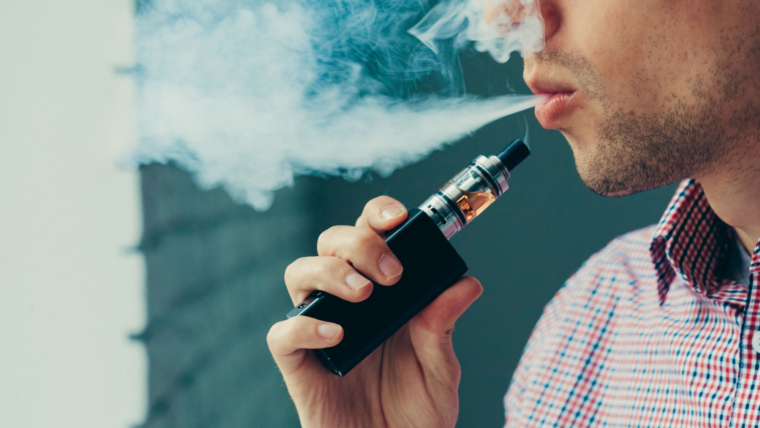 We all love music, no matter how old we are. While music tastes vary, one thing that is certain is that there are not many people who don’t appreciate some form or style of music. While young children might not be as appreciative of music as teenagers and adults, kids can both enjoy music and benefit from it as well.
We all love music, no matter how old we are. While music tastes vary, one thing that is certain is that there are not many people who don’t appreciate some form or style of music. While young children might not be as appreciative of music as teenagers and adults, kids can both enjoy music and benefit from it as well.
Music therapy for kids is what we’re going to be looking at in this article, discovering what it is and just why it’s such a positive activity for young minds and positive development.
Table of Contents
Music Therapy Explained
Part of the allied health profession, music therapy is far more than simply being a form of music appreciation. It’s been long understood that music possesses a lot of power and can deeply affect the human psyche. With music therapy, it’s been designed as a clinical tool to utilise music as a therapeutic tool to accomplish certain goals and objectives.
Music therapists are recognised industry professionals, using music-based experiences to help or enhance human functioning in areas such as academics, cognitive function, behaviour, emotional and psychological responses, achieving physiological goals and more. Not only that, but music therapy also aims to improve a person’s understanding of the basics of music in general. For instance, understanding harmony and melody, music keys, rhythm, pitch, timbre, duration and instrumentation.
Music therapy can be used as both a healing tool, as well as an effective way of improving brain development and cognitive ability.
Let’s now see what role music therapy can play in the lives of young children.
The Benefits of Music Therapy for Young Children
One of the most important things music therapy does is expand the mind’s ability and promote intellectual growth. Something we need to grasp about music is that it takes the entire brain to listen to, comprehend, process and appreciate music. Most other tasks in life will either predominantly use the left side of the brain or the right side, but music uses both sides almost equally. This leads to more synapses being developed in the brain when partaking in music therapy sessions and that results in cognitive growth; particularly important when the brains of young children are in a stage of rapid development.
Another thing noted about music therapy for children is it can help improve a child’s social skills. Developing positive and confident social skills in kids is a vital trait to have and something that will be an asset for the rest of their lives. Good social skills also improves self-confidence, another vital asset to develop and maintain.
It’s also been shown that regular music therapy sessions can improve language skills. This includes comprehending English better, along with improving a child’s ability to learn a foreign language if they so desire.
As music is all about creativity, music therapy enhances a child’s creative abilities and opens up their minds to ideas and creative expression. Music therapy will also help kids to fully appreciate music in all its forms.
There are many health benefits associated with music therapy. It’s one of the main reasons this form of therapy was created in the first place. Emotionally, music can certainly have some definitive healing powers and this can pass over into the physical, as the state of the mind can have a massive impact on the health and wellbeing of the physical body.
On the subject of health and wellbeing, music therapy has been proven to assist with lowering blood pressure, reducing tension throughout the body, helps with managing pain, improves the ability to cope with problems (both physical and psychological), enhances a person’s mood and so much more.
What Happens In a Typical Music Therapy Session?
While the process can vary, a typical music therapy session for young kids will involve having children listening to music, singing, playing musical games, composing music and playing musical instruments. It’s important to note that kids don’t need natural talent or musical skills to actively participate in music therapy sessions.
When it comes to music therapy for young children, the emphasis is more on fun than anything else and when children are enjoying themselves, that’s when they get the most benefit out of an activity.
Where To Participate In Music Therapy
If you want your child to engage in and participate in music therapy sessions, one of the best ways is to find a daycare centre or early education centre that offers music therapy as part of their curriculum and enrol your child in that centre. Not only will they benefit from music therapy, but a whole host of other positive activities that have been designed to develop growing minds and bodies.
The Wrap
Music has the power to achieve so much, so it only makes sense to have children participate in fun music therapy sessions to improve their physical, emotional and intellectual wellbeing.


